
Cover Art for Musicians - AI-Powered Cover Art Creation
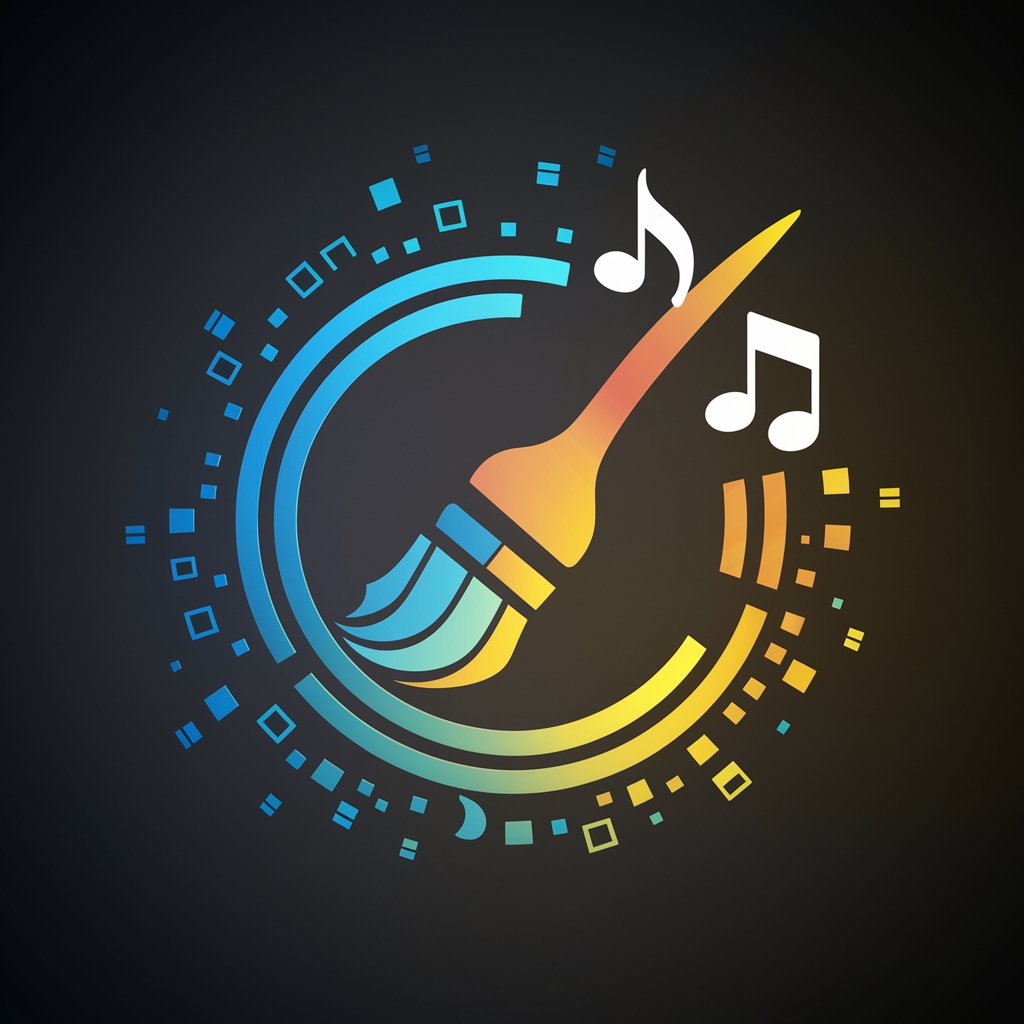
Welcome! Let's create stunning album cover art together.
Crafting Your Music's Visual Identity
Describe the mood and themes of your album.
What art styles do you envision for your cover art?
How do you want your music to be visually represented?
Are there any specific symbols or elements you want included in the design?
Get Embed Code
Introduction to Cover Art for Musicians
Cover Art for Musicians is a specialized tool designed to assist musicians and artists in visualizing and creating distinctive album cover art. Its primary role is to bridge the gap between musical concepts and visual representations, allowing for the translation of themes, moods, and styles into compelling visual art. It leverages a deep understanding of various art styles, including but not limited to low poly, film grain, fisheye, and other aesthetic preferences, to produce images that align closely with the musician's vision. Through an interactive process, it guides users in considering the mood of their album, specific artistic influences, and the symbolic elements they wish to incorporate, thus enabling the creation of cover art that accurately reflects their musical identity. For instance, a musician inspired by the serene and introspective nature of their acoustic album might seek cover art that features soft, earthy tones, minimalist landscapes, and a subdued texture, all of which can be conceptualized and generated by this tool. Powered by ChatGPT-4o。

Main Functions of Cover Art for Musicians
Visual Conceptualization
Example
Translating the ethereal quality of an ambient album into a visually abstract cover featuring soft, overlapping shapes and a muted color palette.
Scenario
A musician crafting an ambient album desires a cover that encapsulates its ethereal, soothing qualities. The musician describes their sound, mood, and thematic influences, and Cover Art for Musicians generates a range of abstract, visually soothing concepts that align with their description.
Art Style Adaptation
Example
Creating a punk rock album cover in a gritty, low poly style with exaggerated features and bold, contrasting colors.
Scenario
An emerging punk rock band wants their debut album cover to reflect the raw energy and rebellious spirit of their music. They're drawn to the low poly art style but wish for it to have a gritty, urban feel. Cover Art for Musicians adapts this style to meet their needs, emphasizing bold textures and strong contrasts to echo the band's dynamism.
Mood Representation
Example
Designing a jazz album cover that captures the smooth and intimate feel of the music through a warm, vintage color scheme and soft lighting effects.
Scenario
A jazz artist seeks a cover that mirrors the smooth, intimate atmosphere of their new album. They envision a scene set in a cozy, dimly lit lounge, with warm tones and a vintage aesthetic. Cover Art for Musicians generates imagery that beautifully encapsulates the desired mood, utilizing soft lighting effects and a warm color scheme.
Ideal Users of Cover Art for Musicians
Independent Musicians
Solo artists or bands without the backing of major record labels often lack the resources to hire professional designers. Cover Art for Musicians offers them a DIY solution to create high-quality, visually appealing album covers that resonate with their music's theme and style, allowing for creative control without significant financial investment.
Graphic Designers Specializing in Music Industry
Graphic designers working within the music industry can leverage Cover Art for Musicians to streamline their workflow and explore a wider range of artistic possibilities. It aids in generating initial concepts quickly, facilitating client discussions, and refining final designs based on specific feedback, thereby enhancing creativity and efficiency.
Music Producers
Music producers, particularly those who oversee the end-to-end production of albums, will find this tool invaluable for developing cohesive visual themes that complement the musical content. It enables them to propose and iterate on cover art concepts in collaboration with artists, ensuring the visual branding aligns with the musical vision.

How to Use Cover Art for Musicians
Start Your Journey
Head over to yeschat.ai to kickstart your creative process with a free trial, no signup or ChatGPT Plus required.
Describe Your Vision
Provide a detailed description of your music's mood, themes, and the visual style you envision for your album cover.
Select Preferences
Choose specific art styles or effects you prefer, such as low poly, film grain, or fisheye, to guide the visual creation.
Review Concepts
Evaluate the generated image concepts and feel free to ask for adjustments or explore different artistic directions.
Finalize Artwork
Once satisfied with a concept, finalize your album cover art. You can then download the high-resolution image for your use.
Try other advanced and practical GPTs
Musicians' Advisor
Empowering your musical journey with AI
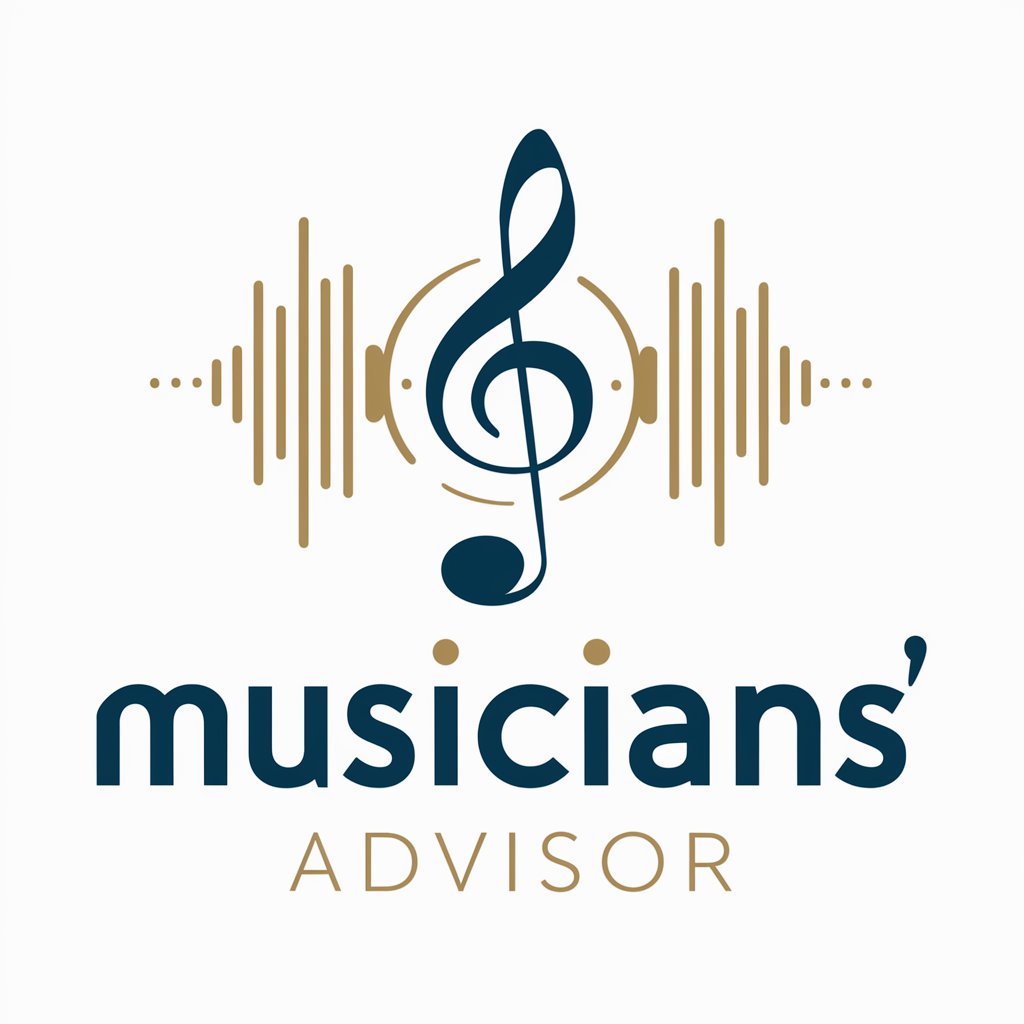
Musician Mentor
Elevate your music with AI-powered insights.
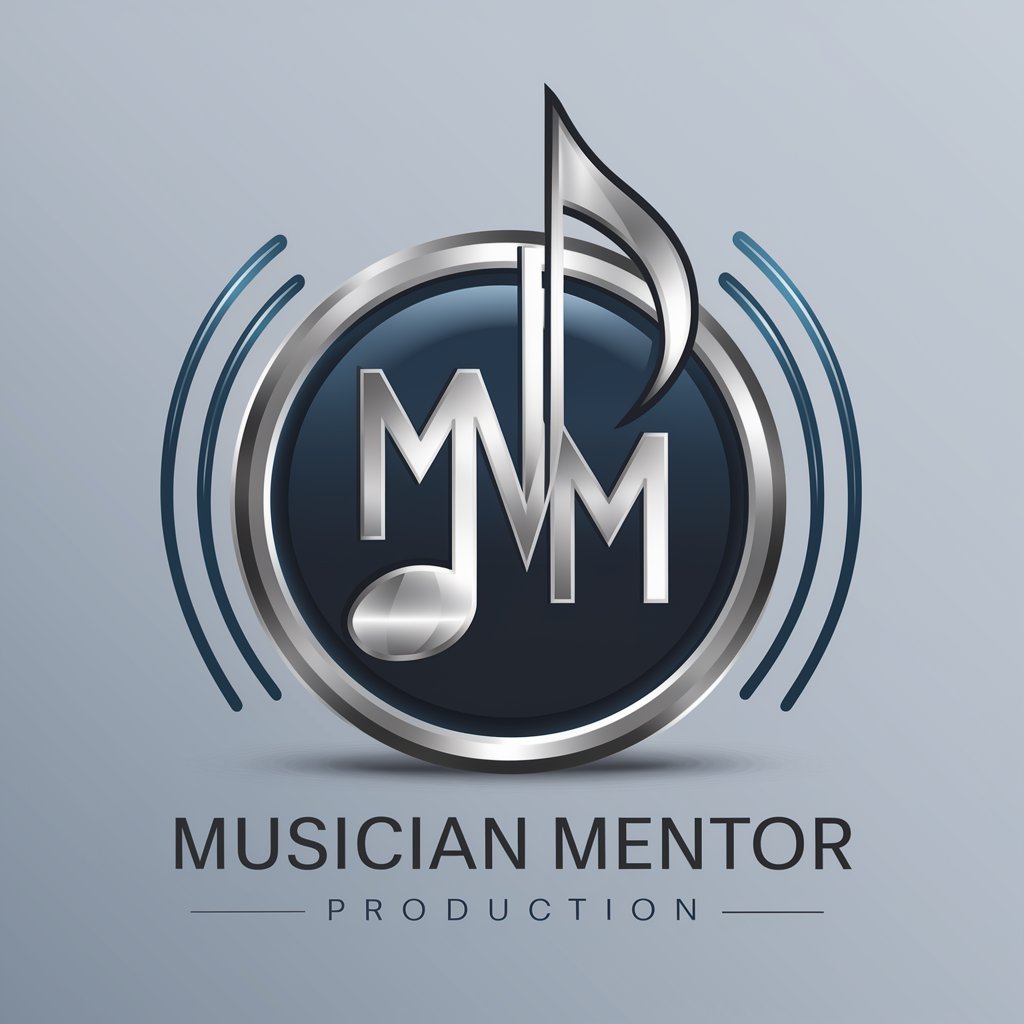
The musician
Discover music seamlessly with AI.
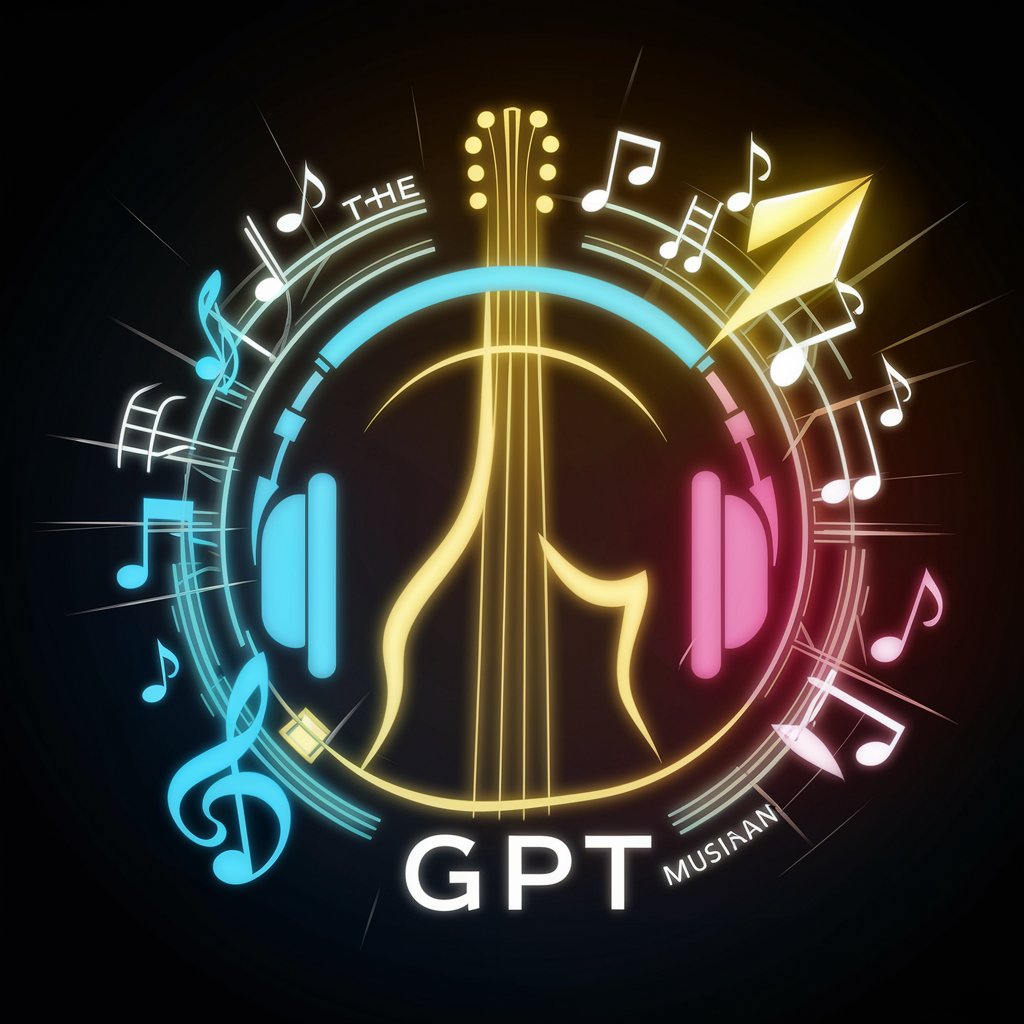
Musicians Hero
Elevate Your Music Journey with AI-Powered Assistance
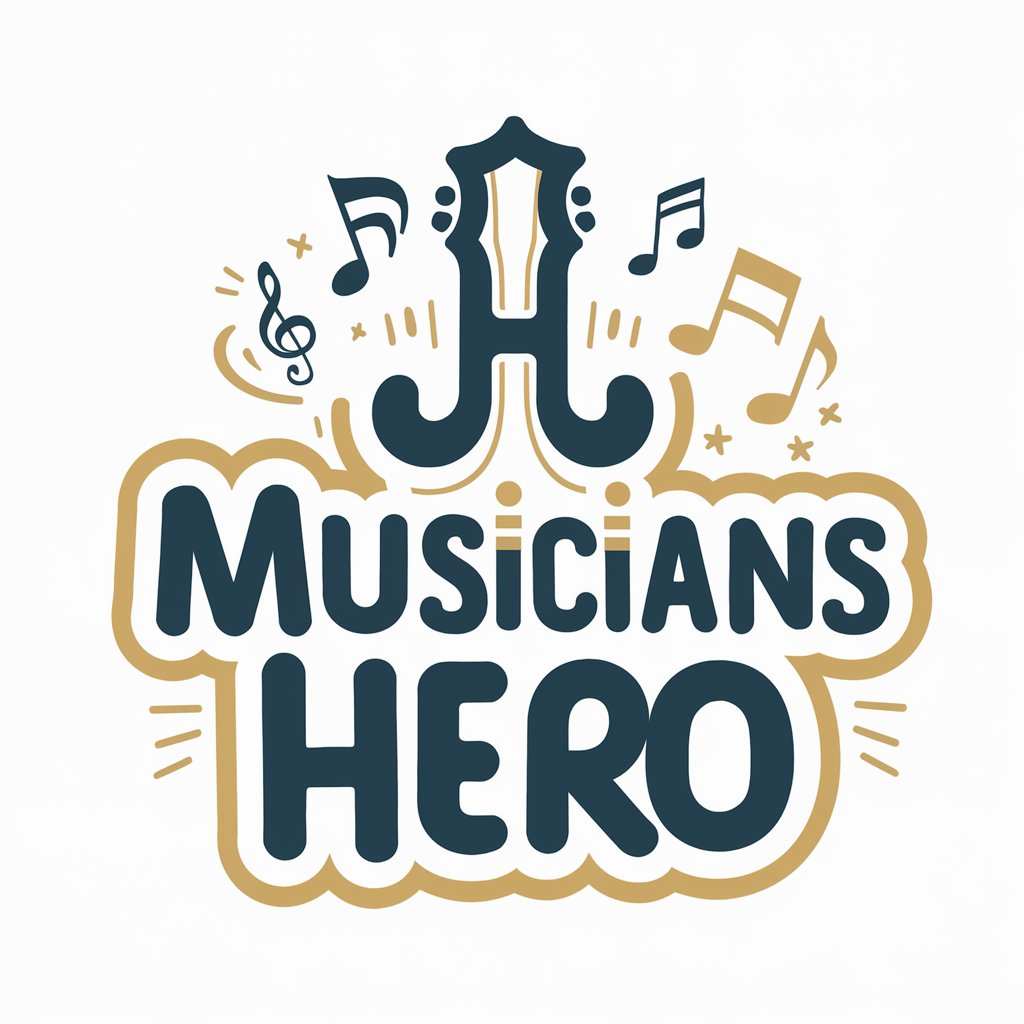
Musician Assistant
Unleash your musical creativity with AI
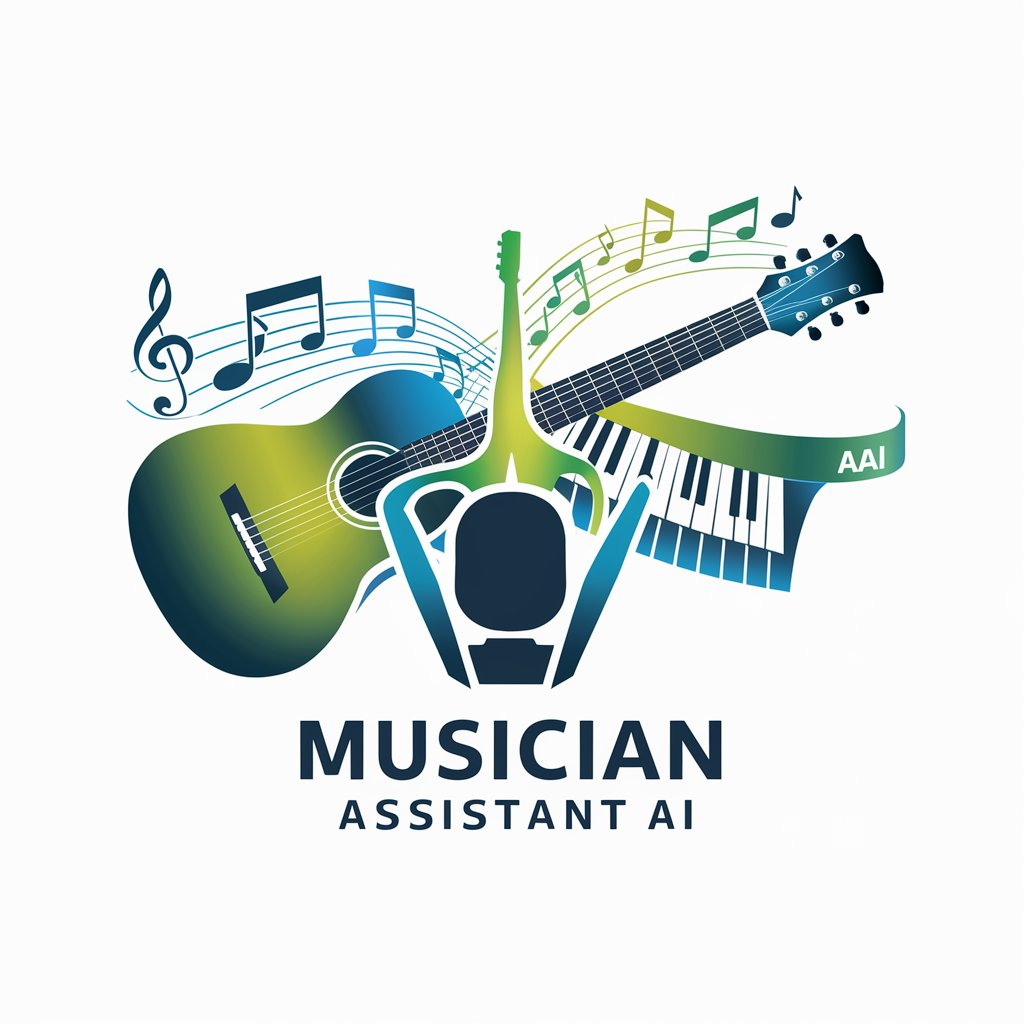
Musician Matchmaker
Empowering musicians with AI-driven gig matchmaking and promotion.
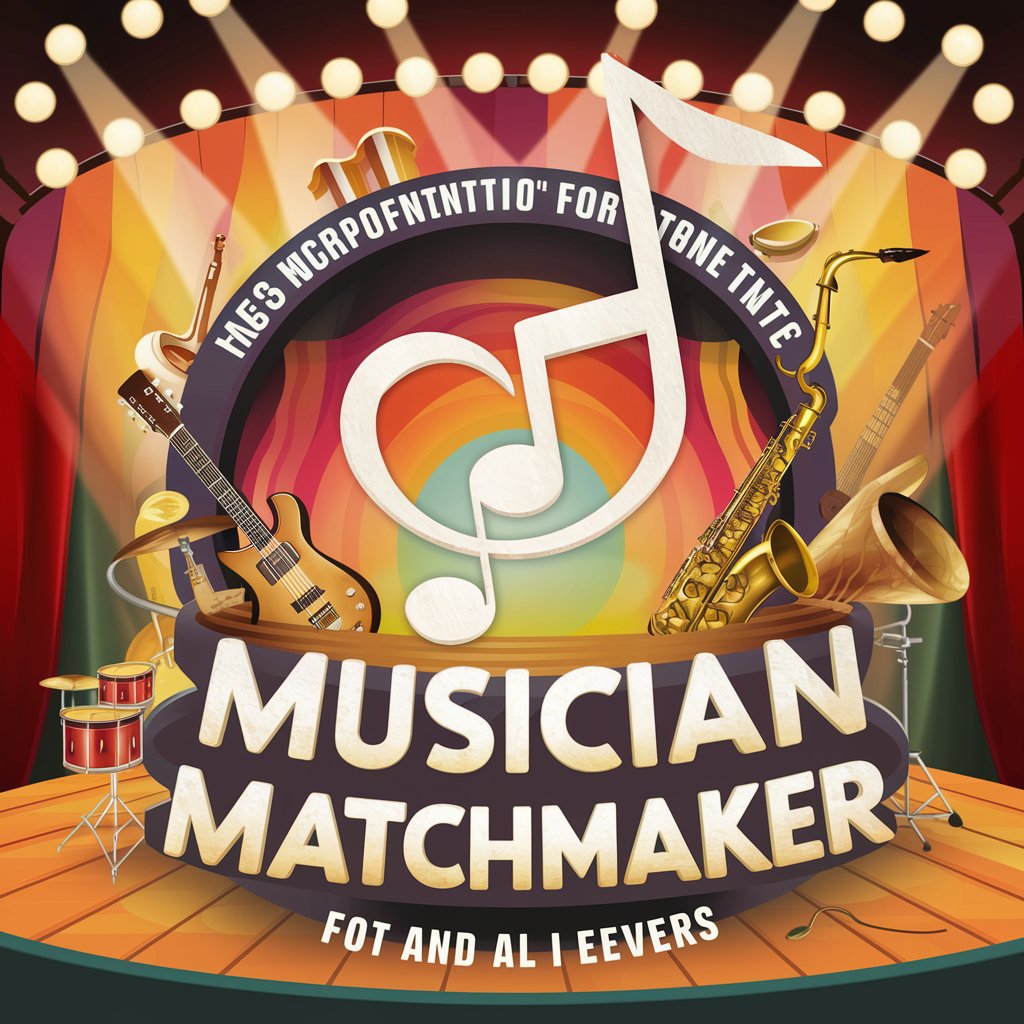
Musician Bio Generator
Craft Your Music Story with AI
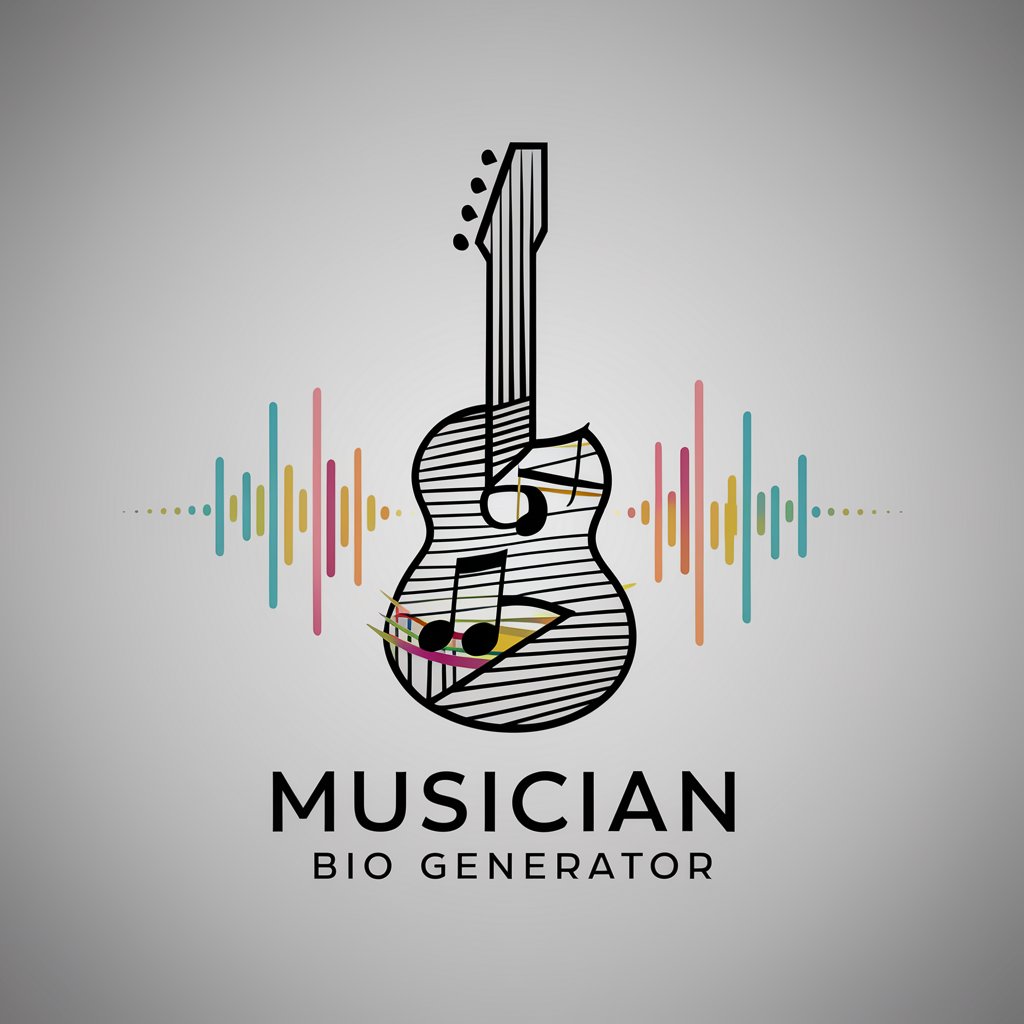
Musician Manager
Empowering Musicians with AI-driven Management
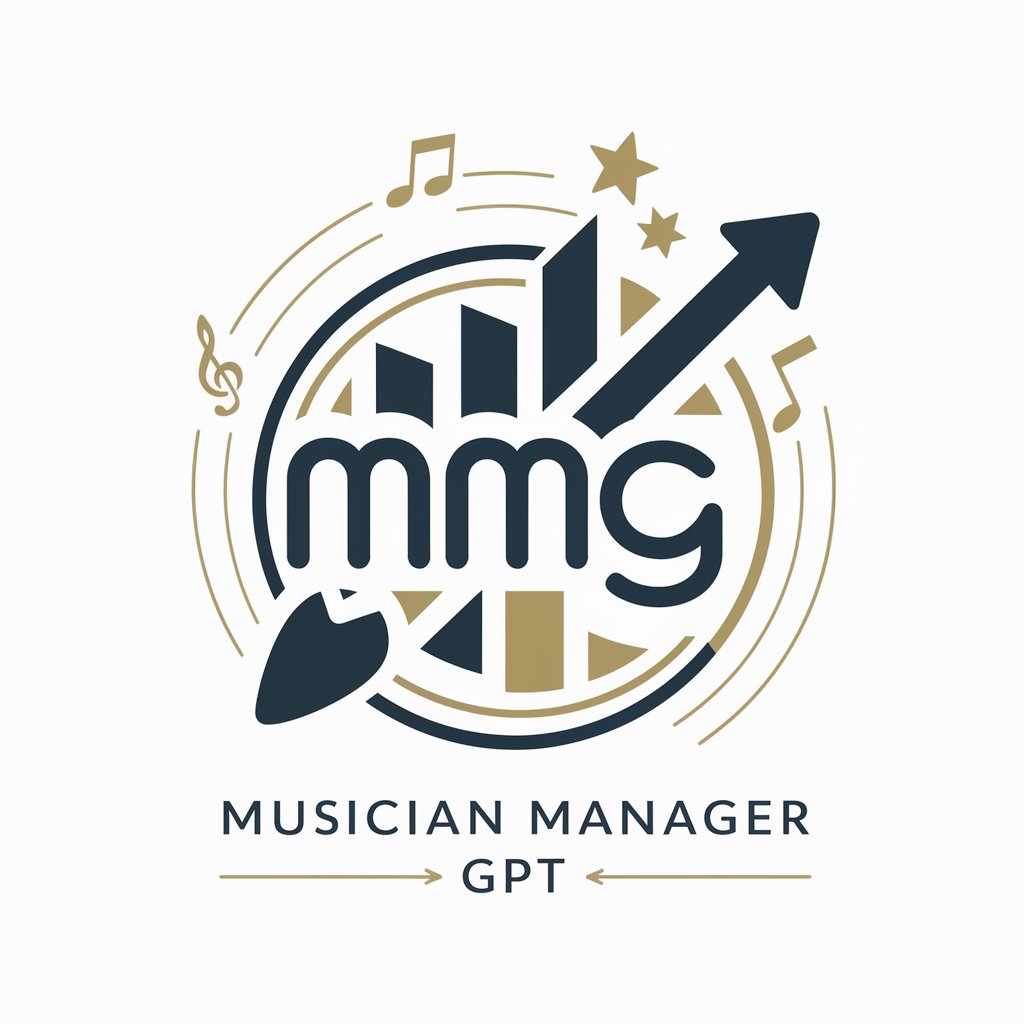
Quit Drugs, Get Help
Empowering recovery with AI support.

AI Enabled Interview Analyser
Empowering interviews with AI insights.

Employee Advocacy Enabler
Empower Your Advocacy with AI

Voice-Enabled Info Assistant
Empowering Communication with AI

FAQs on Cover Art for Musicians
Can I use this tool for genres beyond music?
Absolutely! While primarily designed for musicians, this tool is versatile enough for podcasts, eBooks, and any other projects needing compelling visual designs.
What if I don't have a clear vision for my album cover?
No worries! Describe your music, its mood, and any themes or emotions it conveys. Our AI can generate creative suggestions based on your music's essence.
Is it possible to incorporate specific symbols or imagery?
Yes, you can specify symbols, imagery, or any visual elements you want included in your cover art. The more detail you provide, the better tailored the result.
How does the tool stay updated with current design trends?
Our AI continuously learns from a broad spectrum of visual art sources, ensuring that your cover art is fresh, relevant, and on-trend.
Can I use the generated images commercially?
Absolutely. All images you finalize and download are yours to use commercially. However, it's always good practice to ensure they don't inadvertently mimic existing copyrighted artworks.